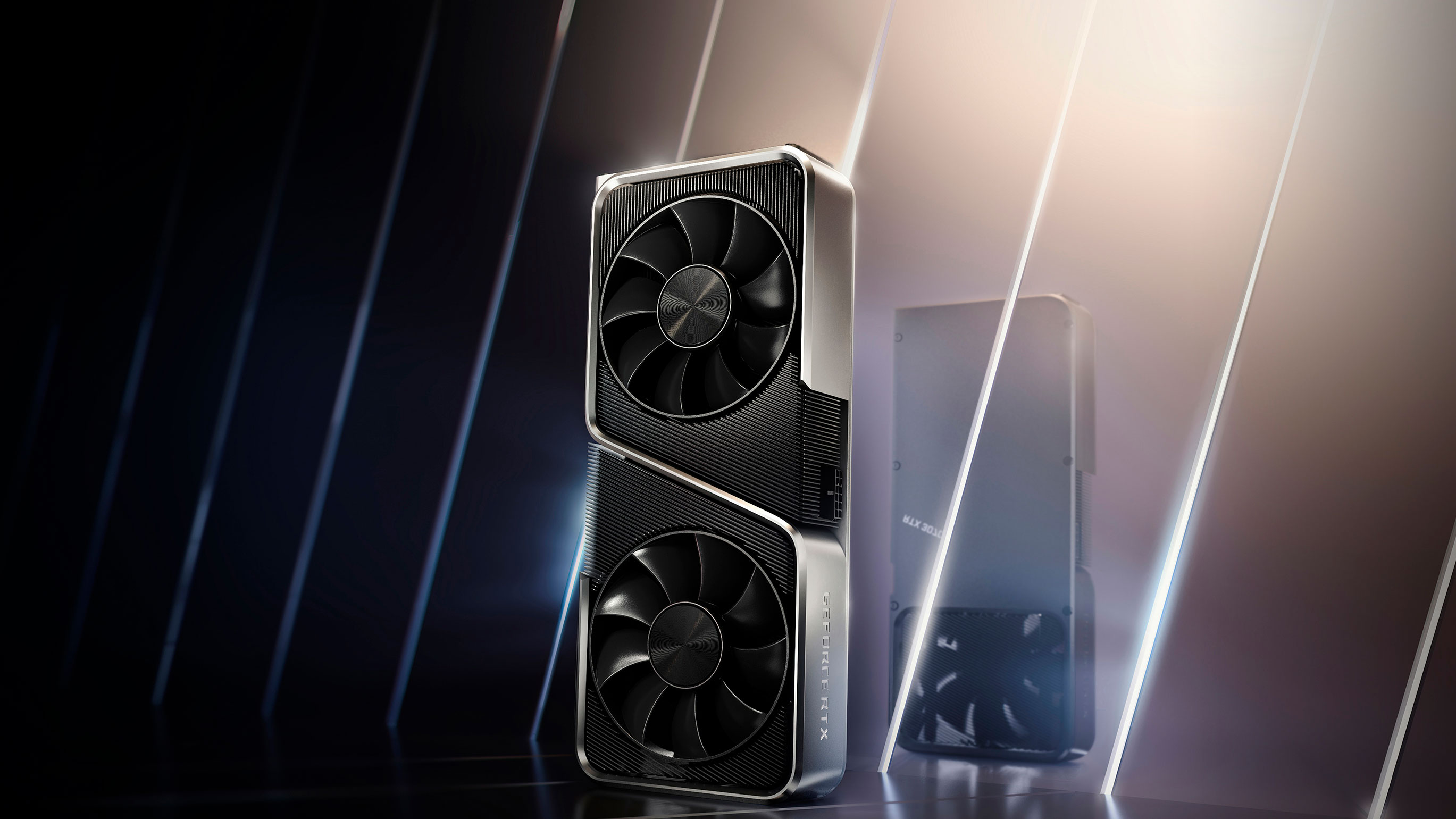GeForce RTX 3070 Slightly Edges out 2080 Ti in AoTS Benchmark

The GeForce RTX 3070, which likely rivals the best gaming graphics cards on the market, will be available on October 29. Nvidia has promised GeForce RTX 2080 Ti-liked performance for $499, and the latest leaked benchmarks prove that the chipmaker wasn't bluffing.
The Ashes of the Singularity submissions for the GeForce RTX 3080, RTX 3070, and RTX 2080 Ti (via @_rogame) are from the same user running the same setup. Therefore, the results should be comparable. However, it's uncertain if all three graphics cards were Founders Edition of custom models. If not, the results are probably a little skewed since custom models often arrive with factory overclocks. In the meantime, we recommend you take numbers with a bit of salt.
The GeForce RTX 3070 reportedly delivered between 1.4% to 2.3% higher performance than the Geforce RTX 2080 Ti, depending on the resolution and image quality. Surprisingly, the GeForce RTX 3070 isn't that much slower than the GeForce RTX 3080. The latter was only around 12.7% to 20.3% faster.
Nvidia GeForce RTX 3070 Benchmarks
| Ashes of the Singularity | GeForce RTX 3080 | GeForce RTX 3070 | GeForce RTX 2080 Ti |
|---|---|---|---|
| Crazy 4K | 89 FPS | 74 FPS | 75 FPS |
| Custom 2560 x 1080 | 103 FPS | 89 FPS | 87 FPS |
| Crazy 1080p | 106 FPS | 94 FPS | 93 FPS |
Wielding 5,888 CUDA cores and 8GB of GDDR6 memory, the GeForce RTX 3070 (Ampere) shows up with a 1,500 MHz base clock and 1,725 MHz boost clock. The 14 Gbps memory functions across a 256-bit memory interface to provide a memory bandwidth up to 448 GBps.
The GeForce RTX 2080 Ti (Turing), which is equipped with 4,352 CUDA cores and 11GB of GDDR6 memory, operates with a 1,350 MHz base and 1,545 MHz boost clock. While clocked at the same 14 Gbps, the GeForce RTX 2080 Ti features a wider 352-bit memory interface that pumps out a maximum theoretical memory bandwidth of 616 GBps.
On paper, the GeForce RTX 3070 is a mixed bag of tricks. The Ampere-powered device improves on the compute side, but there appears to be a regression on the memory side. The GeForce RTX 3070 is more power-efficient, though. It's 220W TDP is a welcomed improvement over the previous GeForce RTX 2080 Ti's 250W rating.
The preliminary results look promising, but synthetic benchmarks don't tell the whole story. The GeForce RTX 3070 goes up for purchase next week, so we'll have a full review of the graphics card around that timeframe.
Get Tom's Hardware's best news and in-depth reviews, straight to your inbox.

Zhiye Liu is a news editor, memory reviewer, and SSD tester at Tom’s Hardware. Although he loves everything that’s hardware, he has a soft spot for CPUs, GPUs, and RAM.